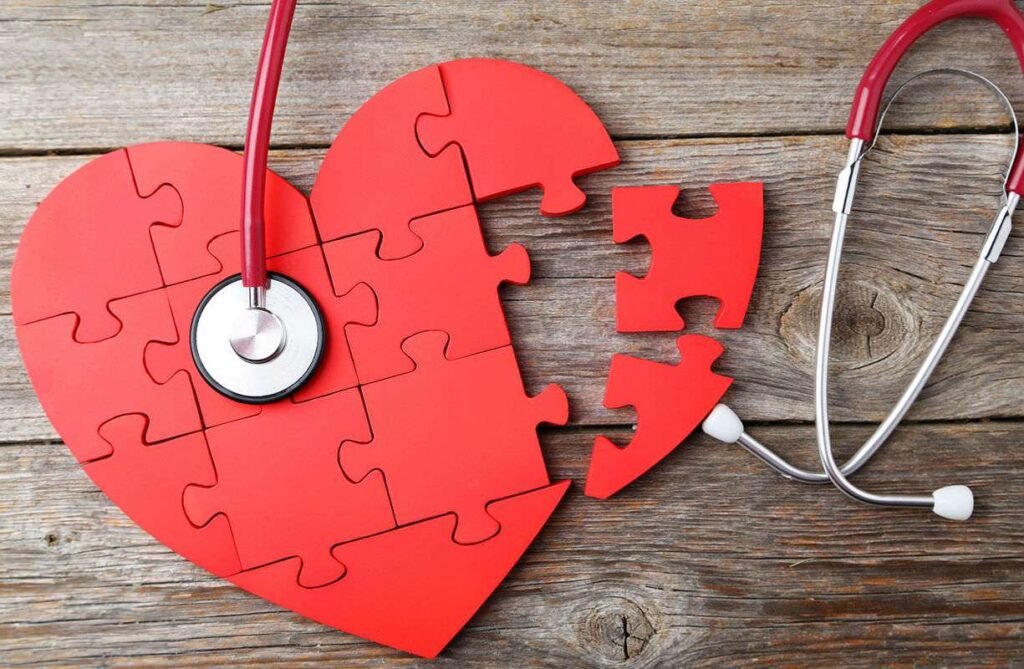The Istituto Superiore di Sanità recently published a statistic that reveals how cholesterol levels have increased in the last 10 years in 38% of Italians, compared to the figure recorded in the decade 1998-2002 which stopped at 24%.
The increase in bad cholesterol levels (or hypercholesterolemia) affects both sexes and depends above all on lifestyle and eating habits, so it is possible to bring it back to acceptable levels.
Which foods help reduce cholesterol and which ones should be avoided.
Cholesterol: definition and main characteristics
Cholesterol is by definition a steroid (fat) present in our body and which is also taken through the diet, it is also essential to perform several important functions:
- assists embryonic development;
- promotes cellular metabolism;
- is involved in the digestion process;
- participates in the production of vitamin D.
Given the importance of cholesterol for the proper functioning of the body, it is important that the levels of this steroid are never too high.
The factors that can determine the increase in cholesterol are: poor diet, sedentary lifestyle, obesity and genetic predisposition.
High levels of bad cholesterol can contribute to the onset of cardiovascular disease, so it is advisable to follow a healthy and balanced diet and avoid too much fatty foods or the consumption of alcohol and carbonated drinks.
There are some foods that if consumed and integrated into the diet can help reduce bad cholesterol levels, let's see what they are.
Among the most suitable foods to keep bad cholesterol under control we find blue fish (anchovies, sardines, anchovies, herring) and salmon, rich in Omega 3, to be consumed at least 1-2 times a week, favoring steam or foil cooking. . Absolutely avoid seafood and crustaceans which can raise cholesterol levels.
To lower cholesterol it is always advisable to eat foods that contain fiber, in this way you will help reduce the intestinal absorption of fats, so green light to cereals and legumes to be eaten raw or steamed.
The supply of fiber is important
As for the fiber intake, don't overdo it with bread, but prefer wholemeal bread or spelled or rice cakes.
If you suffer from high cholesterol and you think that over-seasoned foods can hurt you, we point out that extra virgin olive oil is able to reduce bad cholesterol (in quantities that are not excessive), while harmful butter, lard and lard should be avoided. for the organism.
Among the foods that can help keep cholesterol within the recommended limits we also find meat, preferably white, and free of fat, but attention is always recommended to limit its intake to once twice a week.
To fight bad cholesterol, fruits and vegetables are also excellent allies, as well as any steamed or boiled food. We advise you to add food supplements to your diet specially created to regulate cholesterol values, you can find them at the pharmacy but before buying them ask your pharmacist for advice.
The lifestyle to adopt
To combat bad cholesterol, in addition to integrating foods that can help reduce it into the diet, it is necessary to limit or completely eliminate sausages, aged cheeses, packaged desserts and carbonated drinks.
It is always advisable to combine physical activity with a healthy diet, since a sedentary lifestyle contributes to increasing cholesterol levels. Aerobic sports such as thing, cycling and aerobics can help you keep your cholesterol in check if done at least once or twice a week.

